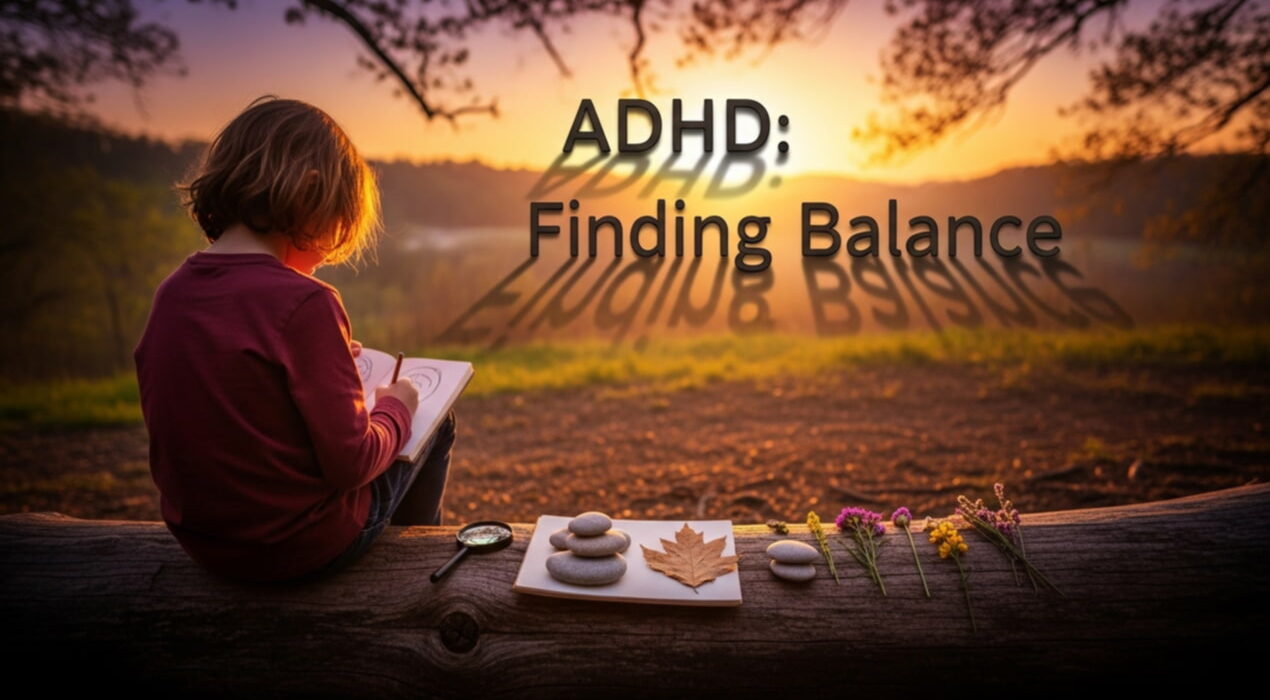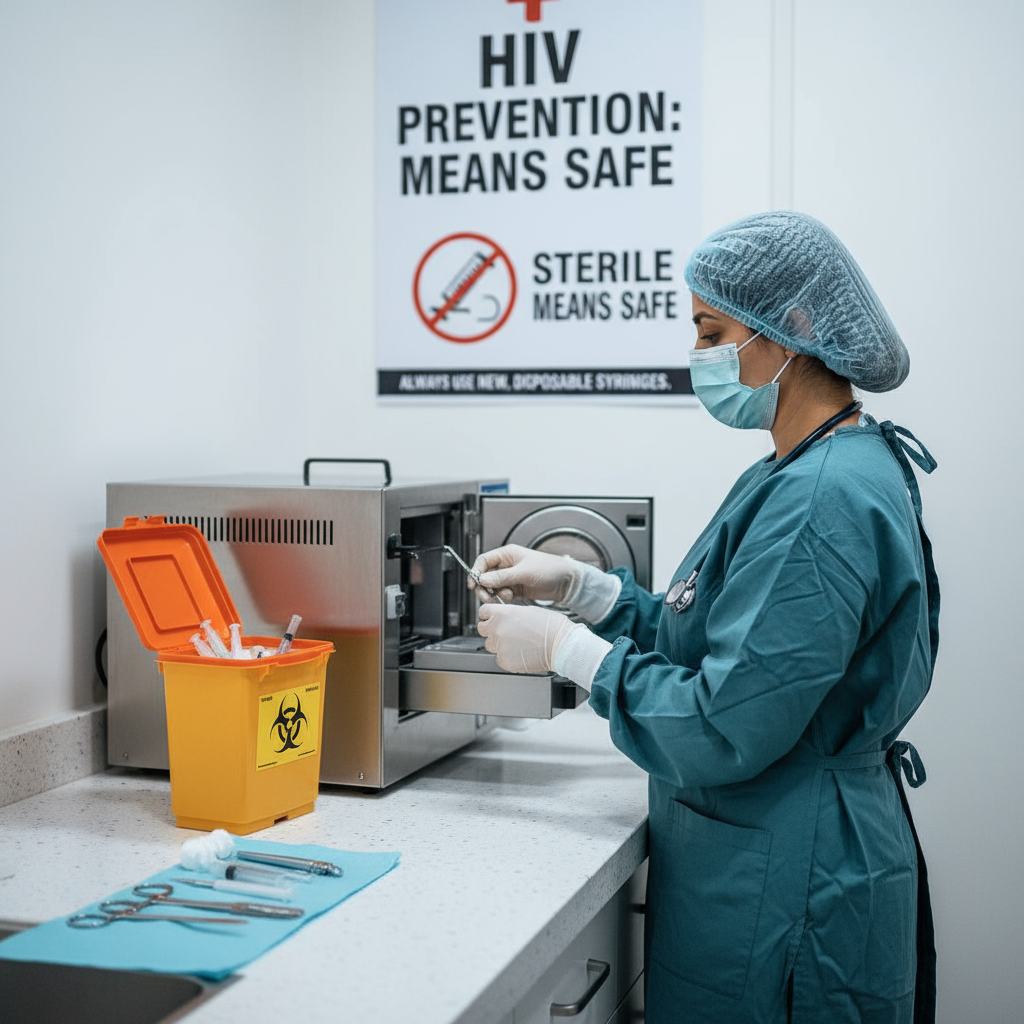A remarkable new study offers hope for families of children with ADHD. Researchers discovered that nearly 70% of kids experienced major relief from symptoms after two lifestyle changes. Parents removed screens completely and introduced a diet free from gluten, dairy, soy, corn, and artificial sweeteners.
Lifestyle Changes and ADHD:
The improvements were clear. Children without screen exposure showed calmer behavior, better sleep, and less overstimulation. They also spent more time in natural play and face-to-face interaction. At the same time, removing inflammatory foods gave the brain and body space to reset. Within weeks, parents reported stronger focus, better mood regulation, and improved overall behavior.
Experts believe both food and environment strongly affect brain health. For example, certain foods and artificial additives can trigger hyperactivity or attention problems. Likewise, too much screen time overstimulates young minds, disrupts sleep, and fuels emotional swings. By eliminating these hidden stressors, children’s brains were able to recover and find balance. As a result, ADHD symptoms are reduced naturally.
This does not mean ADHD is fully cured. Therapy and medication may still be essential for some children. However, the findings show that lifestyle adjustments can support medical care. Even small, consistent changes may build a stronger foundation for learning and emotional growth.
Practical Takeaways for Parents:
Parents do not need to change everything overnight. For example, limiting screen hours or reducing sugar intake can be a first step. Every child is unique, so professional guidance remains important.
Still, this study highlights a hopeful message. Simple choices—less screen time and cleaner diets—can create meaningful improvements in focus, mood, and overall well-being for children with ADHD.






